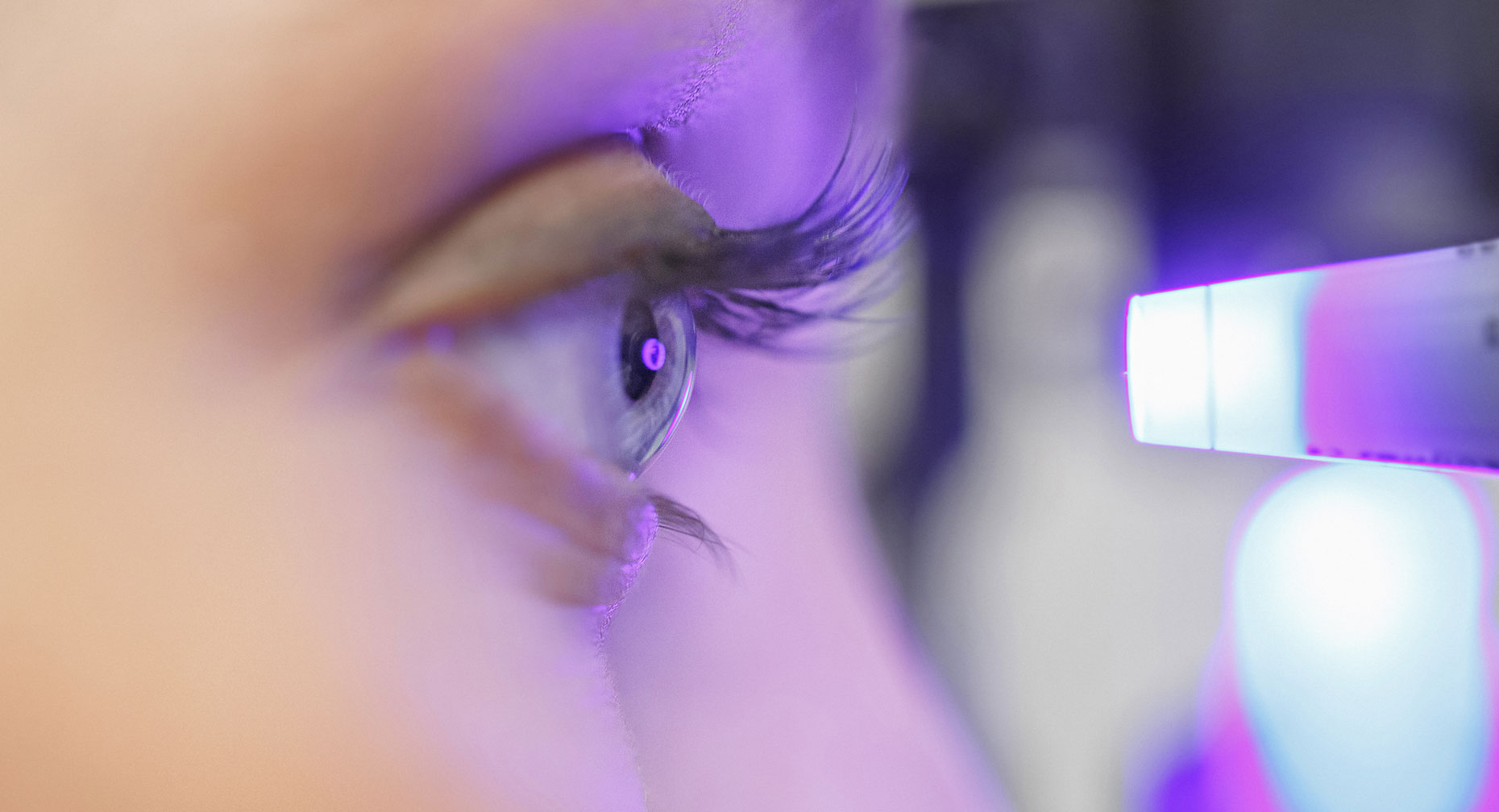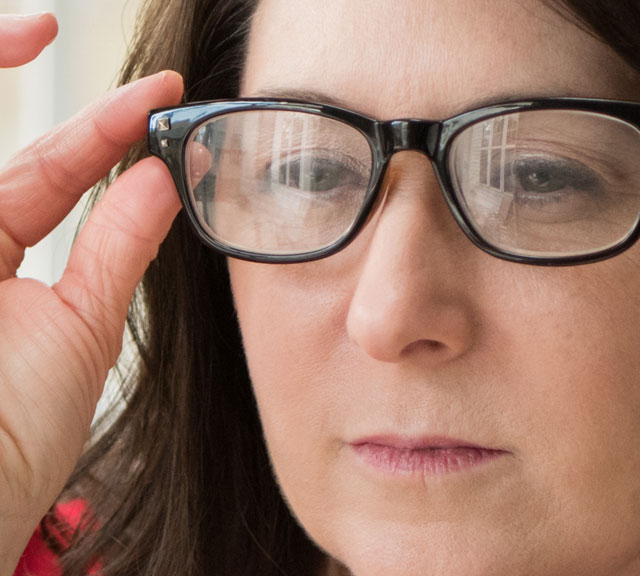Keep an Eye on it! Vision Care With Diabetes

Find Your Perfect Match
Answer a few questions and we'll provide you with a list of primary care providers that best fit your needs.
If you have had diabetes for a while, you probably are a master at finger pricks, insulin sticks and watching what you eat. If you are following healthy habits and keeping your blood sugar in check, you may also be lowering your risk for vision problems. But even if you seem to be managing your diabetes well, be sure to promise yourself to get regular, thorough eye exams to check for the three most common threats to sight for people with diabetes: glaucoma, cataracts and retinopathy.
Having diabetes for any length of time raises your risk for vision loss. The good news is that these conditions are often treatable – if you catch them early enough.
Glaucoma
Did you know that you could have glaucoma and not be aware of it? With glaucoma, pressure builds in the eye and pinches blood vessels that supply your retina and optic nerve. The lack of blood supply damages the retina and nerve. As a result, you lose vision. Often called the “silent eye disease,” glaucoma has no symptoms when it begins. Your first clue could be loss of sight around the edges of your field of view. Ultimately, untreated glaucoma leads to blindness.
Diabetes raises your risk for glaucoma. But it’s not the only risk factor for this disease. If you have diabetes, and especially if you have other risk factors, it is critical to get regular eye exams for glaucoma:
- Age
- A family history of the disease
- Heart disease
- High blood pressure
Because glaucoma can’t be prevented, catching it early is your best hope for managing the disease through medication, surgery or eye drops.
Cataracts
Your vision might become blurry, cloudy or you may start seeing double. Some people report seeing colors that look faded, glares or light that looks too bright. Others may see multiple images in one eye or develop poor night vision.
Many people without diabetes get cataracts. But with diabetes, your chances of developing them are 60 per cent higher. Other factors can also raise your risk:
- Alcohol
- Smoking
- Sun exposure
- Aging
- Radiation
- Steroid use
To treat cataracts that interfere with your sight, eye specialists today use laser-assisted surgery. The doctor makes a small cut in the surface of the eye and then replaces the clouded lens with an artificial lens to restore vision.
Having diabetes for any length of time raises your risk for vision loss.
Retinopathy
Diabetic retinopathy is a catch-all term for disorders of the retina caused by diabetes. As with glaucoma, you may not know your diabetes is damaging your eyesight because there are no early warning signs. But as retinopathy worsens, you may notice:
- Blurry or double vision
- Difficulty seeing things out of the corners of your eyes
- Rings, flashing lights, or blank spots in your vision
- Dark or floating spots in your vision
- Pain or pressure in one or both of your eyes

Having diabetes dramatically raises your risk of retinopathy. In fact, it affects nearly everyone with Type 1 diabetes and most with Type 2 diabetes. But extreme cases that cause severe vision loss are less common. Carefully monitor your vision if you have diabetes and one or more of these risk factors:
- Hormonal changes during pregnancy that may increase the risk of retina problems for people with diabetes
- Smoking
- Blood sugar control
- Blood pressure levels
Today, doctors have several treatment options for diabetic retinopathy to help prevent blindness in most people, including laser treatment or surgery. Early diagnosis makes these treatments more successful.
Prevention: The Big Idea Behind Regular Eye Exams
Keep minor eye problems minor with regular check-ups. If you have diabetes, make it a priority to get a complete eye exam every year. Finding symptoms and treating them early are your best tactics to preserve your sight.
Find Your Perfect Match
Answer a few questions and we'll provide you with a list of primary care providers that best fit your needs.
Source: American Diabetes Association; MedlinePlus; National Institute of Diabetes and Digestive and Kidney Diseases




